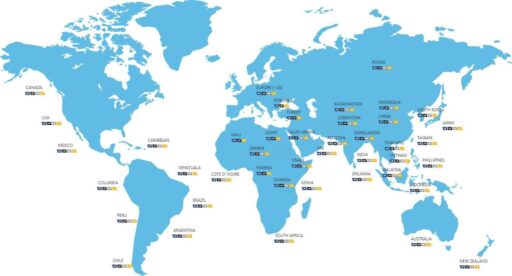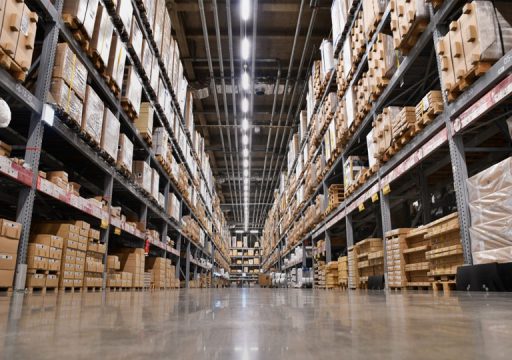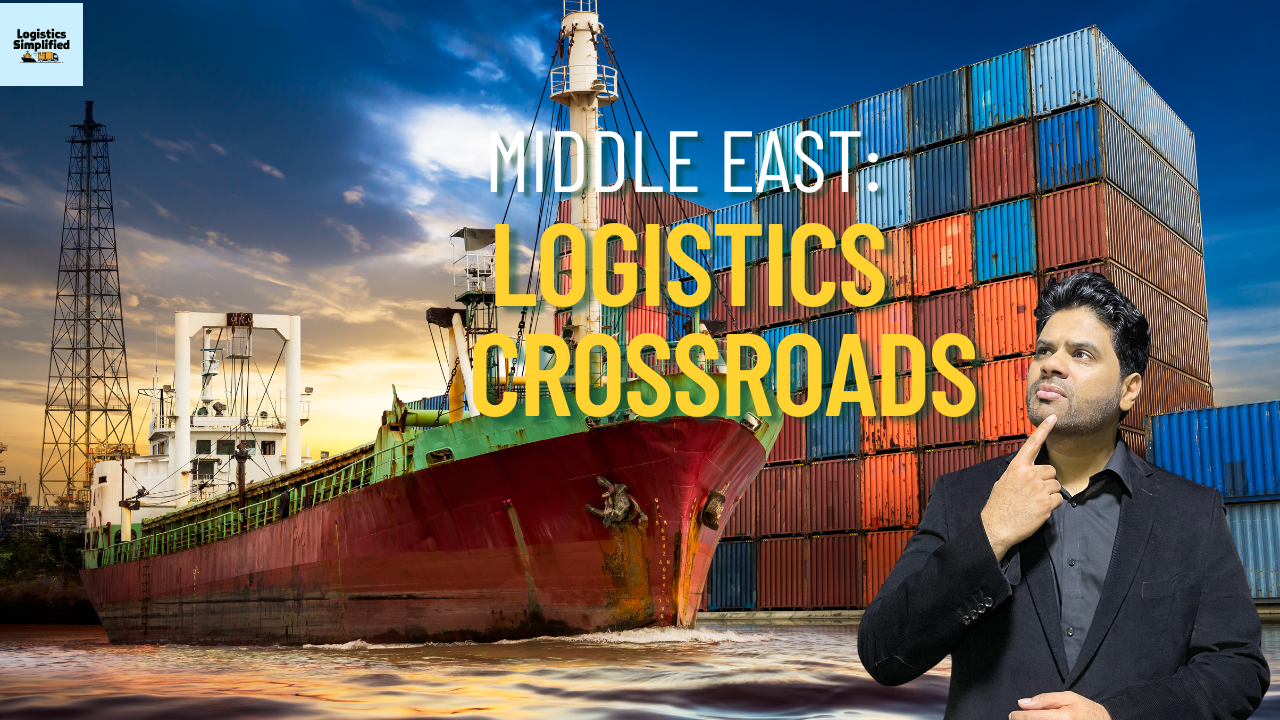Why SMEs Can’t Afford to Get Freight Forwarding Wrong
For small and medium-sized businesses (SMEs) in the UAE, Saudi Arabia, Oman, Qatar, Bahrain, and Kuwait, logistics is more than just moving goods from point A to point B — it’s a lifeline for growth.
In a region where trade is the backbone of the economy, poor freight planning can mean delayed deliveries, higher costs, and lost customers.
At Al Furqan Shipping & Logistics UAE, we’ve worked with hundreds of SMEs over the past 16+ years and have seen how the right freight strategy can cut costs by 15% or more, reduce customs delays by up to 40%, and even help win new contracts through better service and sustainability practices.

The GCC Freight Landscape: What Makes It Different?
The Gulf region is unique in the logistics world. Here’s why:
-
Strategic Location: Positioned between Asia, Africa, and Europe, the GCC acts as a global transshipment hub. Ports like Jebel Ali, Hamad Port, and King Abdulaziz Port are gateways for international trade.
-
High Import Dependency: Most GCC countries rely on imports for food, machinery, and consumer goods — meaning efficient freight forwarding is critical for business continuity.
-
Multiple Modes of Transport: Sea freight dominates, but air freight plays a huge role for high-value and time-sensitive cargo, while land freight connects GCC countries through the Saudi landbridge and regional highways.
-
Regulatory Complexity: Each country has unique customs rules, HS codes, and compliance requirements — and documentation errors can cause major delays.
The 5 Biggest Freight & Logistics Pain Points SMEs Face in the GCC
1. Unpredictable Freight Rates
-
The Challenge: Freight rates can swing wildly. A 40-foot container from Shanghai to Jebel Ali might cost USD 1,200 one month and USD 1,800 the next due to seasonal demand or fuel price changes.
-
Example: A Dubai-based furniture importer faced a 20% margin drop when freight costs surged unexpectedly before Ramadan.
-
Solution: We negotiate locked-in quarterly rates with carriers and offer consolidation options to stabilize shipping costs.
2. Customs Delays & Documentation Errors
-
The Challenge: Inconsistent paperwork, missing certifications, or incorrect HS codes can delay shipments for days or weeks.
-
Example: A Saudi-bound electronics shipment was held because of mismatched product descriptions on the invoice and packing list.
-
Solution: Our customs pre-clearance process ensures every shipment is compliant before it leaves origin — minimizing clearance delays.

3. Low Shipping Priority for SMEs
-
The Challenge: Smaller shippers often get bumped during peak season in favor of high-volume clients.
-
Example: During Eid season, a Sharjah textile exporter lost a major retail order when their container missed two consecutive sailings.
-
Solution: We secure space allocations with major shipping lines and air carriers to protect SME shipments during high-demand periods.
4. Poor Shipment Visibility
-
The Challenge: Without real-time tracking, SMEs can’t plan inventory, production, or delivery schedules accurately.
-
Example: A Muscat-based food distributor had to airfreight goods at double the cost because they didn’t know their sea shipment was delayed.
-
Solution: We provide IoT-enabled GPS tracking and API integrations so clients can see real-time location and ETA for every shipment.
5. Rising Sustainability & ESG Demands
-
The Challenge: Large corporate buyers are requiring carbon footprint reporting (Scope 3 emissions) as part of supply chain contracts.
-
Example: An SME in Abu Dhabi lost a tender to a competitor that could provide verified CO₂ emissions data for shipments.
-
Solution: We offer green routing, low-sulfur fuel options, and carbon reporting to help SMEs meet sustainability requirements.
How SMEs Can Win at Freight Forwarding in the GCC
1. Choose a Forwarder with Regional Expertise
-
Knowledge of port operations, customs rules, and local compliance can mean the difference between smooth clearance and costly delays.
-
Tip: Always ask for case studies of shipments similar to yours.

2. Bundle Value-Added Services
-
Combining freight with warehousing, packaging, and customs clearance can lower costs and simplify operations.
-
Example: A Kuwait-bound electronics importer reduced handling costs by 18% by using our bonded warehouse in Jebel Ali to defer duties until goods were sold.
3. Use Data to Make Decisions
-
The best forwarders use analytics to optimize routes, carrier selection, and shipment timing.
-
Example: By shifting one client’s regular imports from weekly LCL to monthly FCL, we cut their freight spend by 22%.
4. Prioritize Reliability Over Price
-
The cheapest rate is useless if it causes delays or product damage.
-
Tip: Look at on-time delivery performance and claims ratio before choosing a forwarder.
ROI of Partnering with the Right Freight Forwarder
If your SME spends AED 1 million annually on logistics, partnering with the right forwarder can deliver:
-
Cost Savings: 10–15% through smarter routing and carrier negotiations (AED 100k–150k annually)
-
Reduced Delays: 30–40% faster customs clearance, improving cash flow
-
Competitive Advantage: Win contracts by meeting ESG and traceability requirements

Why Choose Al Furqan Shipping & Logistics UAE?
We specialize in freight forwarding for SMEs in the GCC with:
-
Multi-Modal Expertise: Sea, air, land, bonded & non-bonded warehousing, project cargo.
-
Proven SME Solutions: From consolidation to dedicated freight contracts.
-
Sustainability Integration: Carbon tracking & greener shipping options.
Final Thoughts
In the competitive GCC market, SMEs can’t afford guesswork in freight forwarding. By choosing a partner that combines local expertise, transparency, technology, and sustainability, small businesses can transform logistics from a cost center into a growth engine.
At Al Furqan Shipping & Logistics UAE, we believe SMEs deserve the same quality of service as global multinationals — and we deliver it.
📞 Contact Us Today:
Visit www.alfurqanshipping.com or call +971 52 890 9989 to discuss how we can make your logistics smarter, faster, and greener.

